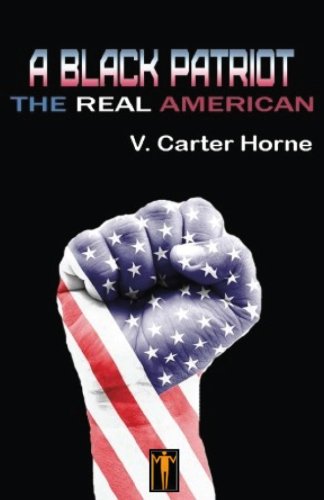The Fall of Saigon: The History of the Battle for South Vietnam's Capital and the End of the Vietnam War
ISBN: 9781696055666
*Includes pictures
*Includes a bibliography for further reading
The Vietnam War could have been called a comedy of errors if the consequences weren’t so deadly and tragic. In 1951, while war was raging in Korea, the United States began signing defense pacts with nations in the Pacific, intending to create alliances that would contain the spread of Communism. As the Korean War was winding down, America joined the Southeast Asia Treaty Organization, pledging to defend several nations in the region from Communist aggression. One of those nations was South Vietnam.
Before the Vietnam War, most Americans would have been hard pressed to locate Vietnam on a map. South Vietnamese President Diem’s regime was extremely unpopular, and war broke out between Communist North Vietnam and South Vietnam around the end of the 1950s. Kennedy’s administration tried to prop up the South Vietnamese with training and assistance, but the South Vietnamese military was feeble. A month before his death, Kennedy signed a presidential directive withdrawing 1,000 American personnel, and shortly after Kennedy’s assassination, new President Lyndon B. Johnson reversed course, instead opting to expand American assistance to South Vietnam.
Over the next few years, the American military commitment to South Vietnam grew dramatically, and the war effort became both deeper and more complex. The strategy included parallel efforts to strengthen the economic and political foundations of the South Vietnamese regime, to root out the Viet Cong guerrilla insurgency in the south, combat the more conventional North Vietnamese Army (NVA) near the Demilitarized Zone between north and south, and bomb military and industrial targets in North Vietnam itself. In public, American military officials and members of the Johnson administration stressed their tactical successes and offered rosy predictions; speaking before the National Press Club in November 1967, General Westmoreland claimed, “I have never been more encouraged in the four years that I have been in Vietnam. We are making real progress…I am absolutely certain that whereas in 1965 the enemy was winning, today he is certainly losing.”
*Includes a bibliography for further reading
The Vietnam War could have been called a comedy of errors if the consequences weren’t so deadly and tragic. In 1951, while war was raging in Korea, the United States began signing defense pacts with nations in the Pacific, intending to create alliances that would contain the spread of Communism. As the Korean War was winding down, America joined the Southeast Asia Treaty Organization, pledging to defend several nations in the region from Communist aggression. One of those nations was South Vietnam.
Before the Vietnam War, most Americans would have been hard pressed to locate Vietnam on a map. South Vietnamese President Diem’s regime was extremely unpopular, and war broke out between Communist North Vietnam and South Vietnam around the end of the 1950s. Kennedy’s administration tried to prop up the South Vietnamese with training and assistance, but the South Vietnamese military was feeble. A month before his death, Kennedy signed a presidential directive withdrawing 1,000 American personnel, and shortly after Kennedy’s assassination, new President Lyndon B. Johnson reversed course, instead opting to expand American assistance to South Vietnam.
Over the next few years, the American military commitment to South Vietnam grew dramatically, and the war effort became both deeper and more complex. The strategy included parallel efforts to strengthen the economic and political foundations of the South Vietnamese regime, to root out the Viet Cong guerrilla insurgency in the south, combat the more conventional North Vietnamese Army (NVA) near the Demilitarized Zone between north and south, and bomb military and industrial targets in North Vietnam itself. In public, American military officials and members of the Johnson administration stressed their tactical successes and offered rosy predictions; speaking before the National Press Club in November 1967, General Westmoreland claimed, “I have never been more encouraged in the four years that I have been in Vietnam. We are making real progress…I am absolutely certain that whereas in 1965 the enemy was winning, today he is certainly losing.”













